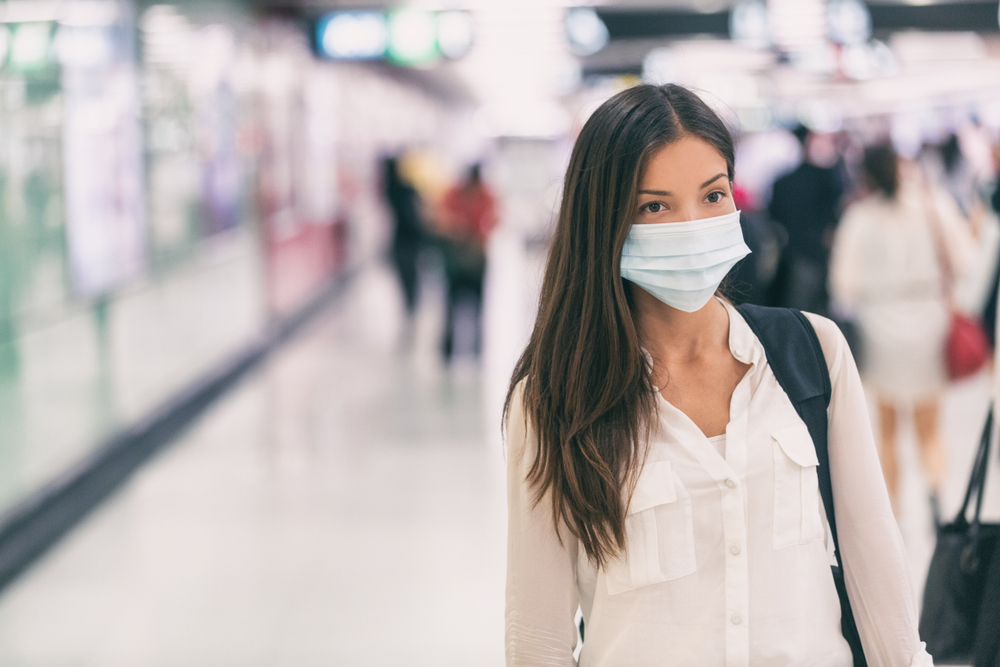Published February 4, 2022 in fortune.com
By Tristan Bove
People who had received three doses of a COVID-19 vaccine or a booster were 93.4% less likely to die of the infection compared to the unvaccinated, according to a new U.K. study published on Friday.
Researchers at the British Office for National Statistics (ONS), found that mortality rates for people who contract COVID dropped substantially 21 days after receiving their booster. For COVID patients who received only two doses of a vaccine, mortality risks were also much lower, but to a lesser degree—they were 81.2% less likely to die compared to unvaccinated people.
Researchers adjusted for differences in population size and age demographics when crunching the data, which was collected between July and December 2021.
For months, epidemiologists and public health experts have advised that booster shots can substantially amplify protection against symptomatic and severe cases of COVID-19.
“I don’t think anybody would argue that optimal protection is going to be with a third shot,” immunologist and infectious disease expert Anthony Fauci told CNN in December, calling it a matter of “when, not if” the definition of “fully vaccinated” would change to include booster shots.
Several previous studies have shown that boosters can be a crucial tool in staving off COVID-19 infections and hospitalizations, as immunity against COVID-19 tends to begin waning around six months after receiving a second dose.
Concerns over waning immunity have been revitalized since the highly transmissible new Omicron variant emerged last November, which has proved highly elusive to protections granted by COVID-19 vaccines.
Around 72% of Americans over the age of 12 have received a second dose of vaccines, and around 43% have received a booster shot, according to the CDC’s coronavirus tracker. Around 84% of Brits over age 12 have had a second vaccine dose, and 65% have had a booster shot, according to data from the BBC.




